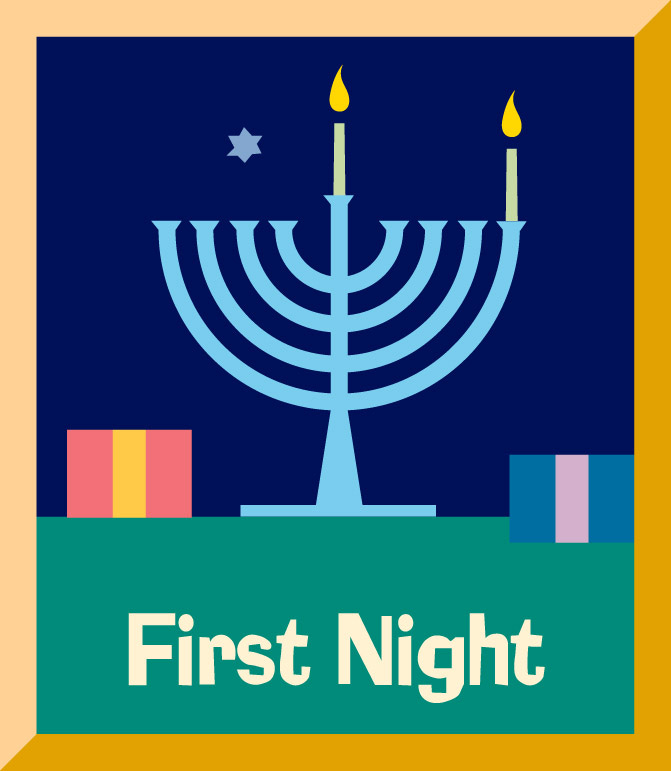#625: Even the Poor Must Light a Menorah
Shulhan Arukh OH 671:1 on the Laws of Hanukkah
צריך ליזהר מאוד בהדלקת נרות חנוכה ואפילו עני המתפרנס מן הצדקה שואל או מוכר כסותו ולוקח שמן להדליק:
One needs to be very diligent in kindling the Hanukkah lights. Even a poor man living off charity must beg or sell his clothes in order to buy oil to kindle with.
Gimme Some Torah #625
Our normal impulse would be to say that somebody who…
Keep reading with a 7-day free trial
Subscribe to Gimme Some Torah to keep reading this post and get 7 days of free access to the full post archives.


